The relationship between Africa and China is expected to strengthen further through various cooperation mechanisms and the future looks bright for such cooperation, a former senior African Union (AU) Commission official told Xinhua recently in Nairobi.
In an exclusive interview with Xinhua ahead of the forthcoming Eighth Ministerial Conference of the Forum on China-Africa Cooperation (FOCAC), Erastus J.O. Mwencha, ex-deputy chairperson of AU Commission, noted that the partnership between the largest developing country and the youngest continent has led to remarkable outcomes in the past two decades since FOCAC was established in 2000.
"Trade and economic cooperation between Africa and China have grown tremendously. China is becoming a driving force in promoting Africa's industrial capacity. And people-to-people exchange has become stronger as China is now one of the largest countries providing human resource training and capacity building support to Africa. China is also offering more scholarships to African students than western governments. We must keep doing what we're doing and continue to scale it up," he said.
The career diplomat, who held a top role within the pan-African bloc for two terms from February 2008 to January 2017, gave infrastructure development as an example of the highlights of close ties between the two economies.
"China has been a big supporter of Africa's infrastructure. If you look at countries like Kenya, (you will see) the implementation of the SGR (Standard Gauge Railway). The same as the Tanzania-Zambia railway, the Ethiopia-Djibouti railway, the SGR in Nigeria, and the Light Rail Transit under construction in Egypt. The same thing has also happened in many other countries in ports, air transport, roads and other infrastructure," said Mwencha.
According to him, China is the second largest financier of African infrastructure after African nations, while international development finance institutions and other bilateral countries lag some way behind.
Infrastructure remains one of the biggest obstacles to Africa's investment, economic diversification and growth. Estimates by the African Development Bank Group (AfDB) put the continent's infrastructure needs between 130 billion U.S. dollars and 170 billion U.S. dollars annually, with a financing gap in the range of 68 billion U.S. dollars to 108 billion U.S. dollars.
"The Chinese saying that if you want to prosper, build roads. We have truly seen it. With strong infrastructure, you attract investment and improve the lives of people in general and can become competitive in the world," he said.
When asked about how he would view some negative tones about Africa-China friendship, Mwencha observed that Africa has become a battlefield for global conflict and yet Africa has not stopped any country from investing in its territory and there is a lot of space on the continent.
"Africa needs investment and trade. They just want China to stop. But there is no solution offered," he added. "If you look at the attendance of the upcoming FOCAC, African leaders know, and they are not moved in any way. We believe that in the long run, the reality will prevail," he said.
The COVID-19 pandemic has been an unprecedented threat to Africa's hard-earned achievement. According to an AfDB report in March, real gross domestic product in Africa is projected to grow by 3.4 percent in 2021 after contracting 2.1 percent in 2020.
Despite the headwinds, trade and economic cooperation between China and Africa has maintained dynamic momentum. Newest data from China's General Administration of Customs showed that China-Africa trade rose 37.5 percent year-on-year to 207.07 billion U.S. dollars in the first ten months of 2021.
"It really shows how strong the ties are between China and Africa and how the two economies are now getting interlinked," said Mwencha.
In the face of the severe shocks of COVID-19, Mwencha acknowledged the importance of global cooperation and dialogue as solutions to global problems must involve all countries and all regions, especially Africa.
"If we are going to be able to have global harmony, global peace, and address global pandemics, we must work together to support each other. Africa cannot do it alone and the rest of the international community cannot exist in an island. So there is a mutual responsibility for all of us to work together for global harmony and development," he added.
In late September, Chinese leader proposed a Global Development Initiative in steering global development toward a new stage of balanced, coordinated and inclusive growth. Mwencha expressed support for the initiative as it advocates the spirit of open and inclusive partnership, which is extremely vital to Africa against the current backdrop of rising anti-globalization and protectionism forces.
On future cooperation, Mwencha said he expects China and Africa to further enhance engagement in the areas of COVID-19 pandemic management, post-pandemic recovery, infrastructure, technology, particularly technology related to digital economy, human resources development, industrialization, inclusive growth, poverty alleviation, food security, climate mitigation, and peace and security.
The Eighth Ministerial Conference of the FOCAC, an important platform for collective dialogue and effective mechanism for practical cooperation between China and Africa, is slated to take place between November 29 and 30 in Dakar, Senegal, with the theme of "Deepen China-Africa Partnership and Promote Sustainable Development to Build a China-Africa Community with a Shared Future in the New Era".









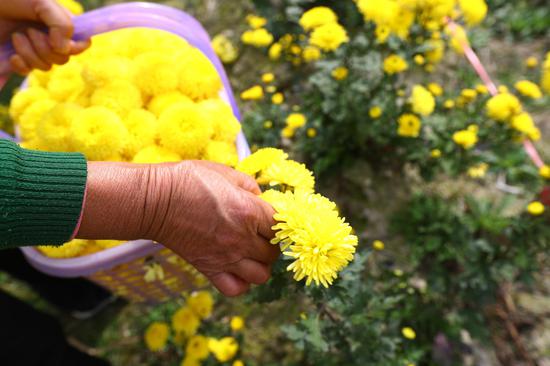
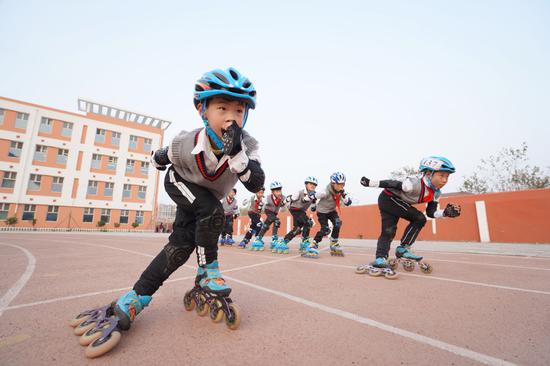
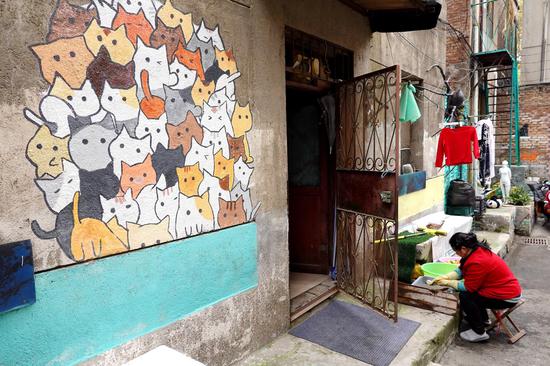
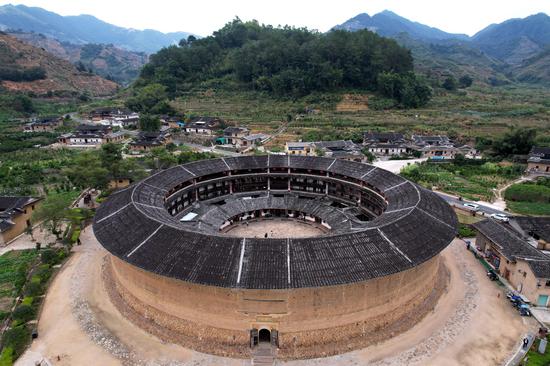
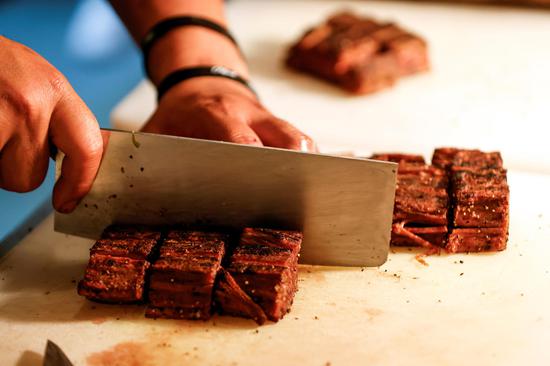
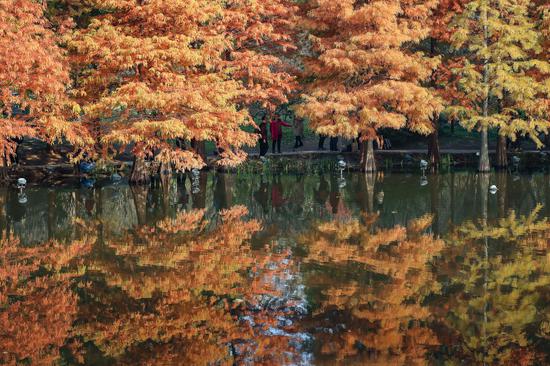
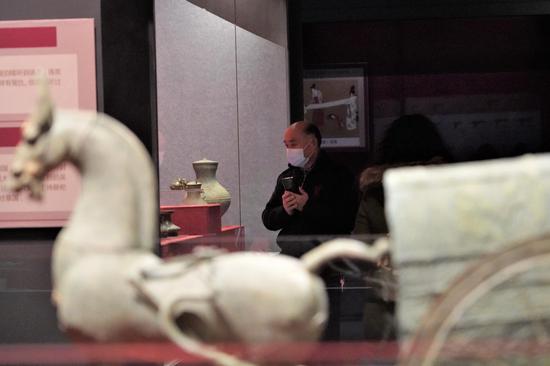
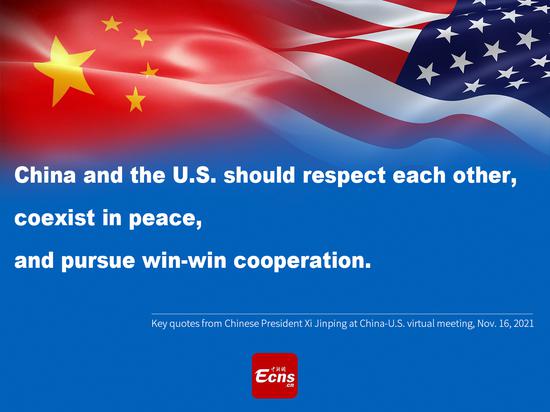
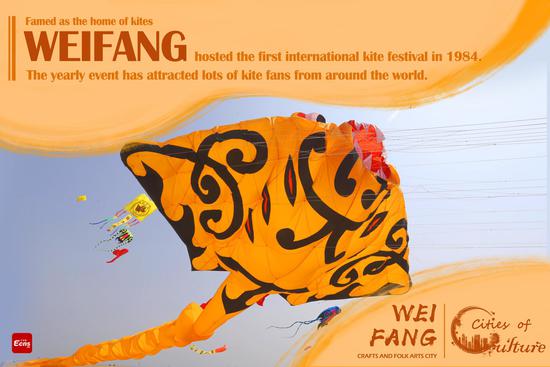
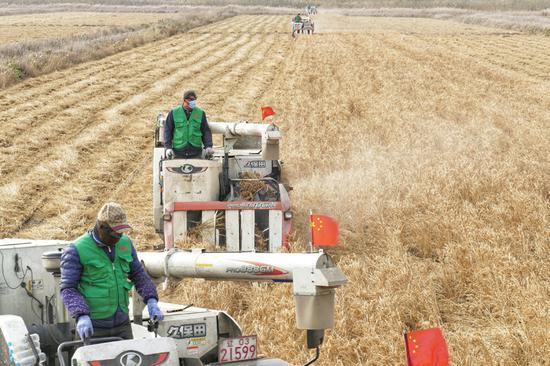
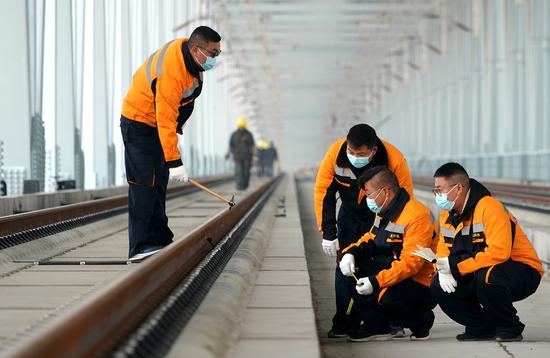

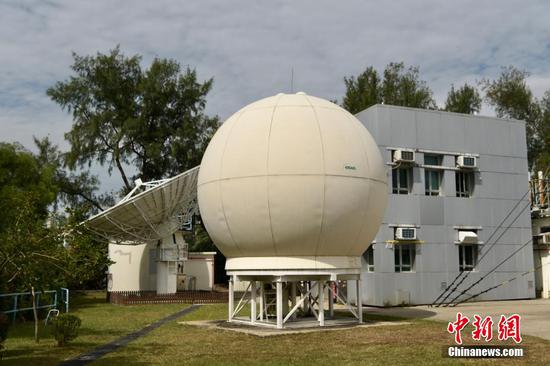
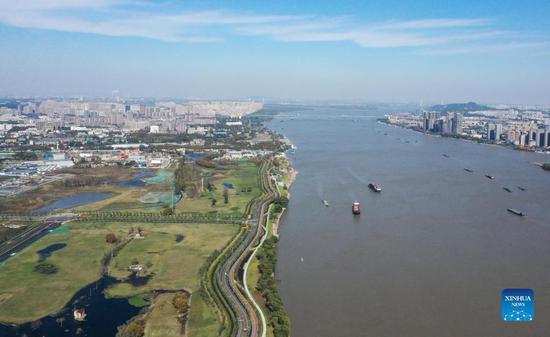
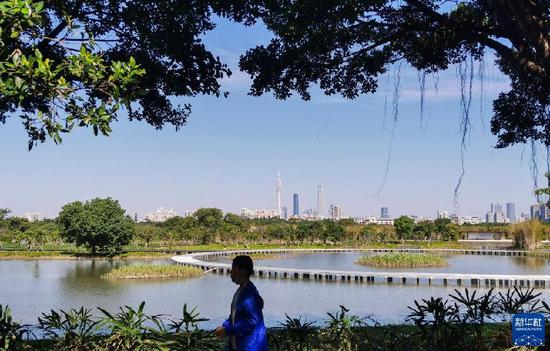
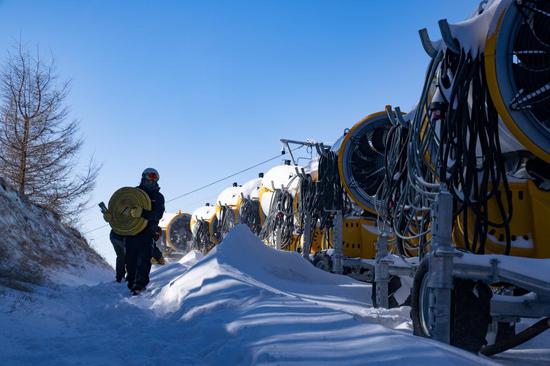
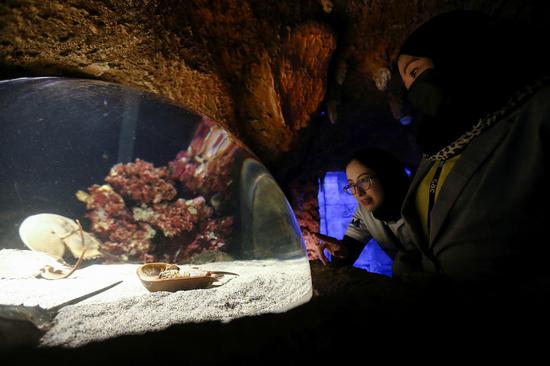
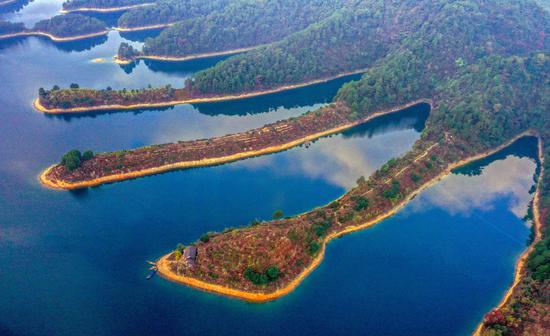
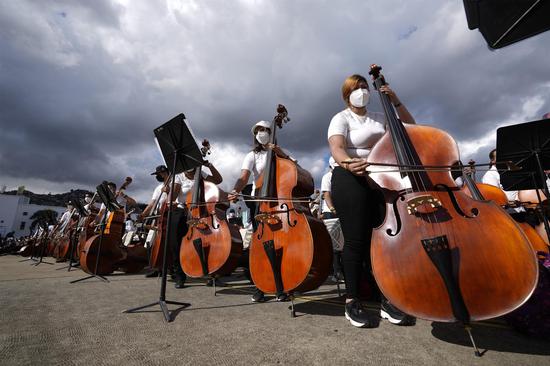
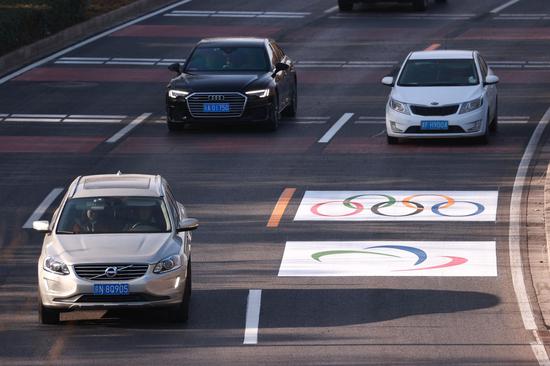
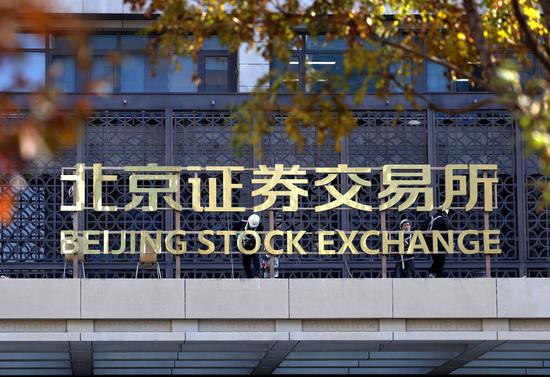
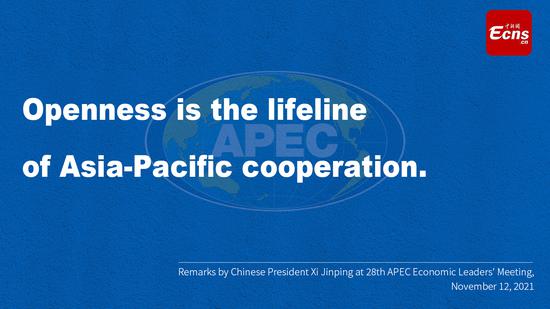
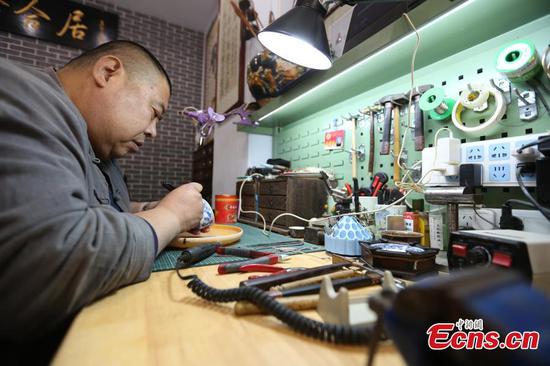
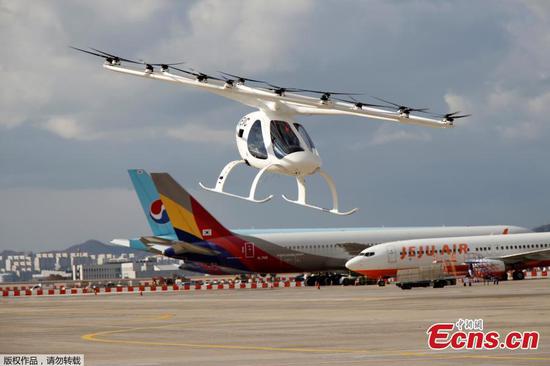
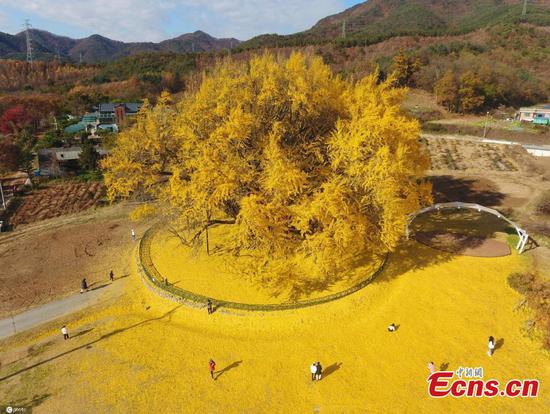
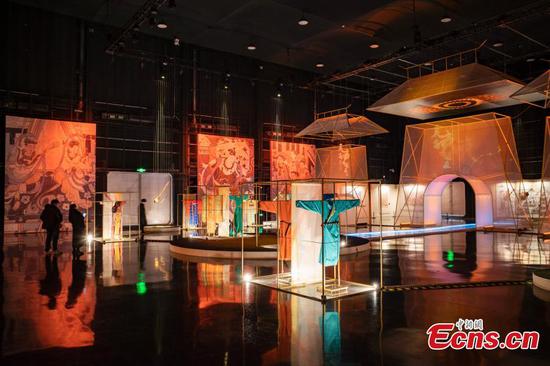
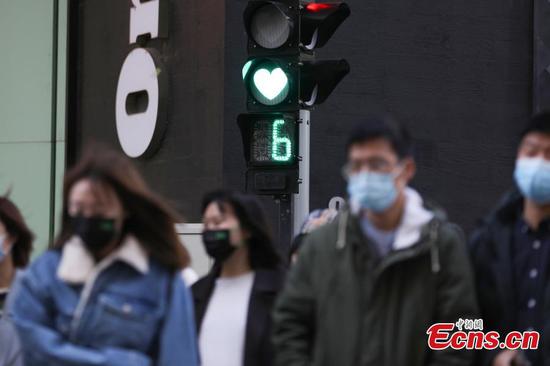
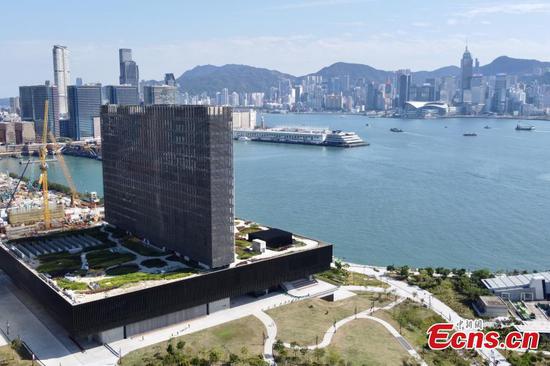
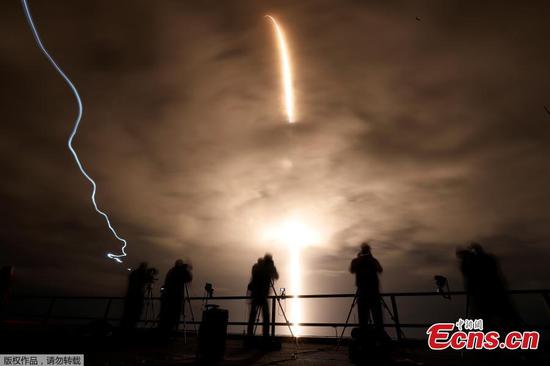

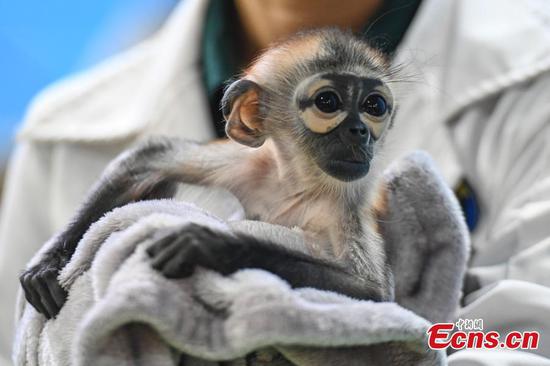
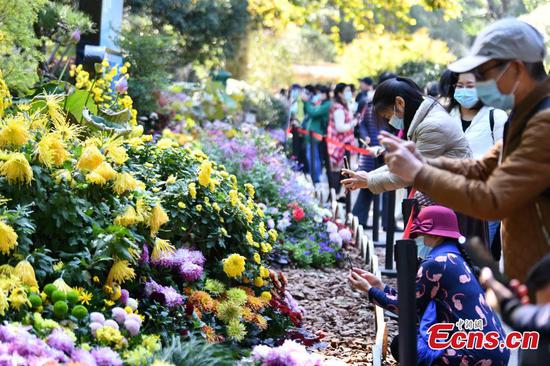
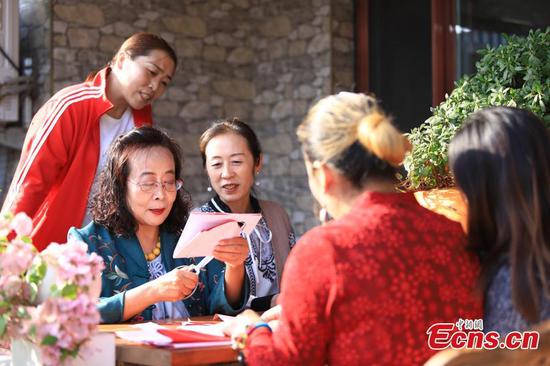
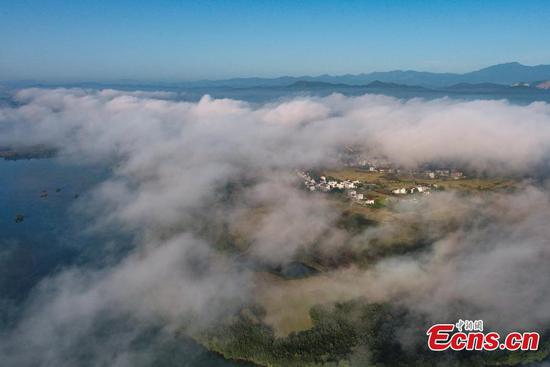
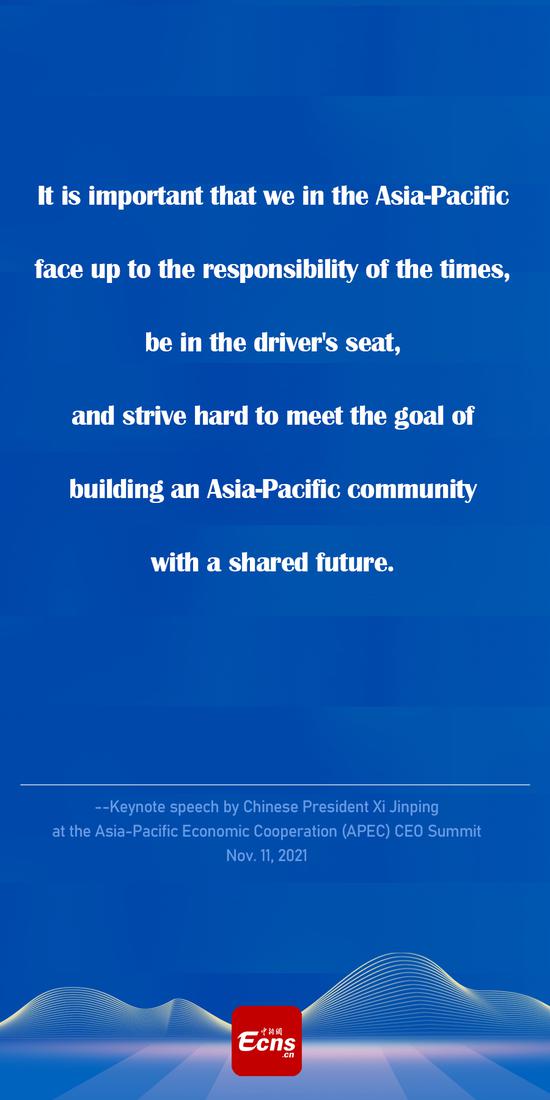






 京公网安备 11010202009201号
京公网安备 11010202009201号